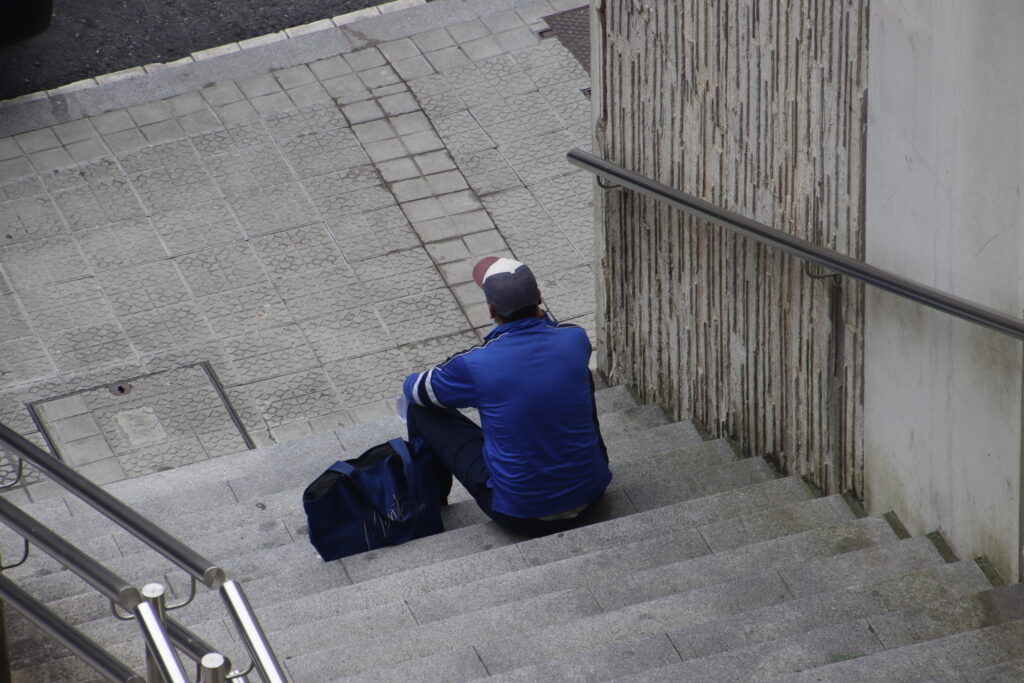Ensuring Compliance: How Texas Schools Can Avoid Legal Pitfalls in Disciplining Homeless Students
The recent investigation into Texas schools illegally suspending homeless students has brought a critical issue to light that demands immediate action. The Texas Education Agency (TEA) has responded by issuing guidance to school districts and promising a review of suspension practices, but the scope of the problem suggests that more comprehensive measures are necessary.
The investigation revealed that thousands of homeless students have been suspended for minor infractions, despite a 2019 state law prohibiting out-of-school suspensions for non-violent offenses. These suspensions have severe consequences, as many of these students rely on school for basic necessities like food, shelter, and a safe environment. The case of Danielle Stephen, a homeless student suspended for not having a see-through backpack, highlights the devastating impact of such actions. Her suspension not only deprived her of education but also left her without access to essential resources.
The most straightforward solution to this problem is to provide alternatives to suspension. Schools should consider a range of in-school suspension options, after-school detentions, or other forms of exclusionary discipline that keep students on campus. Suspension should be a last resort, especially for students who are already vulnerable due to their housing situation. If a student is suspended for something as minor as not having the proper backpack, the school should seriously reevaluate its disciplinary policies.
However, the issue is often more complex than it appears. In many cases, the incident that leads to suspension is part of a longer pattern of infractions. Schools must carefully consider the context and history of each student’s behavior before deciding to suspend them. Balancing the need for discipline with the responsibility to support students who may be struggling due to challenging circumstances is crucial.
One of the most significant concerns raised by the investigation is the lack of enforcement of the 2019 law. The investigation highlighted that there is little to no “bite” to the law, allowing schools to continue suspending homeless students without facing consequences. This is likely to change soon, and schools must be prepared. Documented training for staff who are responsible for making suspension decisions is essential. This training must be thorough and well-documented so that, if violations occur, individual school personnel can be held accountable. Holding those who violate the law accountable is a critical step in ensuring compliance and protecting students’ rights.
At Prowess Edge Consulting Group, we specialize in providing the training and resources schools need to navigate these complex issues. Our programs help schools develop alternatives to suspension, ensure compliance with the law, and support their most vulnerable students. By implementing documented training, schools can safeguard against legal challenges and ensure that staff members making disciplinary decisions are fully informed. This documentation not only provides a clear record of training but also serves as a critical tool in holding school personnel accountable for their actions, ultimately fostering a more supportive and lawful school environment.
